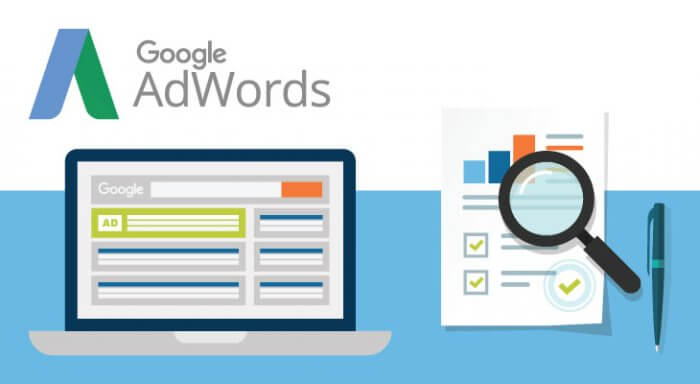
Have you ever wondered how PPC experts in Australia handle accounts that had been managed by someone else previously? One of the best ways to save money and fill gaps is by conducting an AdWords campaign audit.
Here’s a list of key areas to focus on during an account audit.
#1 Conversion Tracking Set Up
The first thing to check is if conversion tracking has been implemented and if it has been set up properly. A PPC manager conducting an AdWords campaign audit will look out for signs such as click count and conversion count being identical, unusually high rates accompanied by low sales figures or suspiciously low conversion figures. Most often, the mistake is not adding conversion tracking codes to relevant pages which can be easily rectified by a seasoned PPC professional.
#2 Target Settings
White label PPC audit services providers delve into target settings to see if these are right for a business. They check to see if an account is targeting the right networks (for example, Search or Google Display Network). By segmenting performance by the device, they verify whether the account is optimized for best-performing devices (computers, tablets or smartphones). They also check the regions the account is opted into and review geo-reports to find best performing areas. Based on this information, they adjust accounts to give priority to most profitable areas.
#3 Ad Groups Relevance
Expert white label PPC audit managers check to see if an ad group contains more than twenty keywords. The ideal number is between fifteen to twenty small, tightly knit keyword combinations tied together by a common theme. When an ad group is populated with highly granular keywords, it becomes easier to create super specific ads that are relevant to the ad group and target what audiences are looking for.
#4 Ad Variations in Ad Groups
Sometimes, a PPC manager inherits an account having ad groups with either just a single active ad or too many active ads in them. Now, a PPC audit services provider will tell you that both these practices are detrimental to ensuring the effectiveness of a campaign. An ad group should have two or three ad variations so that effective testing can take place to find the winning ad.
#5 Ad Extensions Accuracy
An expert white label PPC audit service provider will check for the relevance and accuracy of ad extensions such as site links, structured snippets, call extensions and call-outs. For example, if you’re providing call extensions, instead of enabling call extensions to appear round the clock, you can schedule them only to appear during business hours when someone is there to attend calls and answer queries. You should also review the performance of automated extensions by pulling out the Automated Extensions Report and opt out if something is negatively impacting your account.
#6 Keyword Match Type Settings
Experienced PPC audit providers check if keywords are set to a variety of match types. Generally speaking, the broad match type and modified broad type are useful for gathering impressions whereas the phrase match type and exact phrase match type help you connect with most qualified audiences. All match types have their advantages and disadvantages and it’s better to use mixed match types and understand the strategy being used to improve upon it.
Also Read: Apply These Secret Techniques to Improve Google Shopping Ads
#7 Negative Keyword Lists
Negative keyword lists protect a PPC account from worthless clicks and wastage of ad spend. For an existing PPC account, you can review search term reports and determine which terms are triggering your ads and leading to click-through and conversions. If you find terms that are triggering ads but not leading to click-through and conversions, you can add them to negative keyword lists and ensure your ads don’t show up for these search queries in future.
Once an audit is complete and your PPC account perfectly structured, you’re ready to gain the maximum ROI!
Also, read: http://www.newspeakblog.com/5-points-before-hiring-seo-service/

